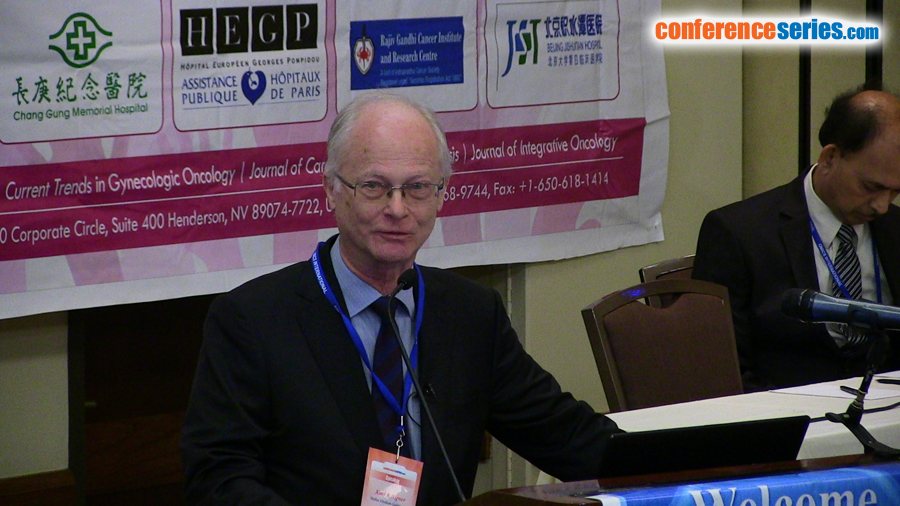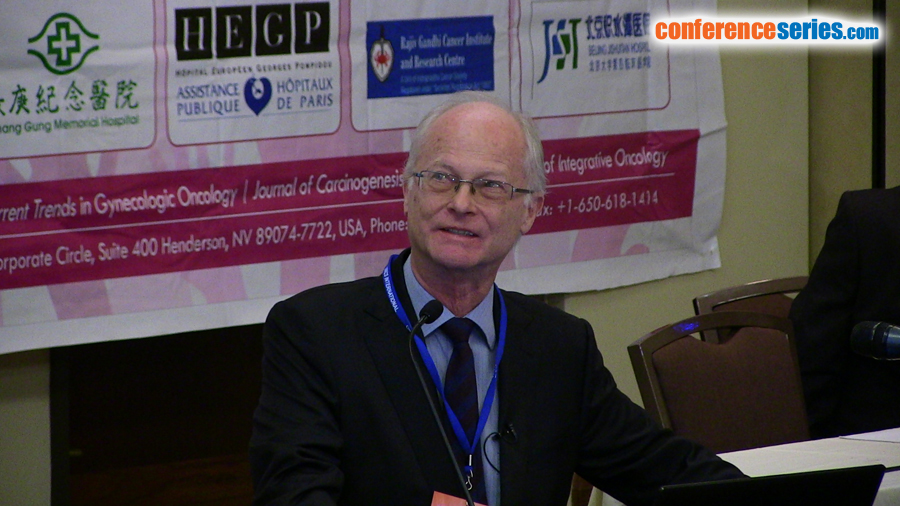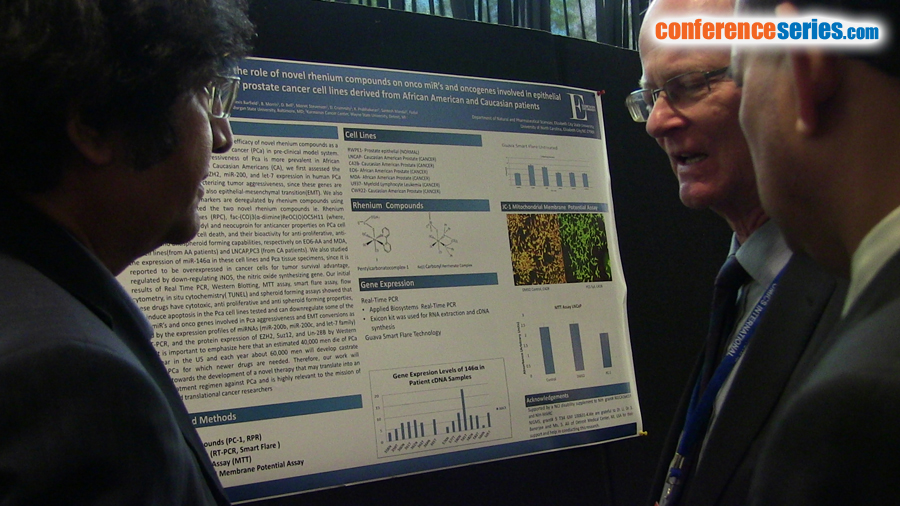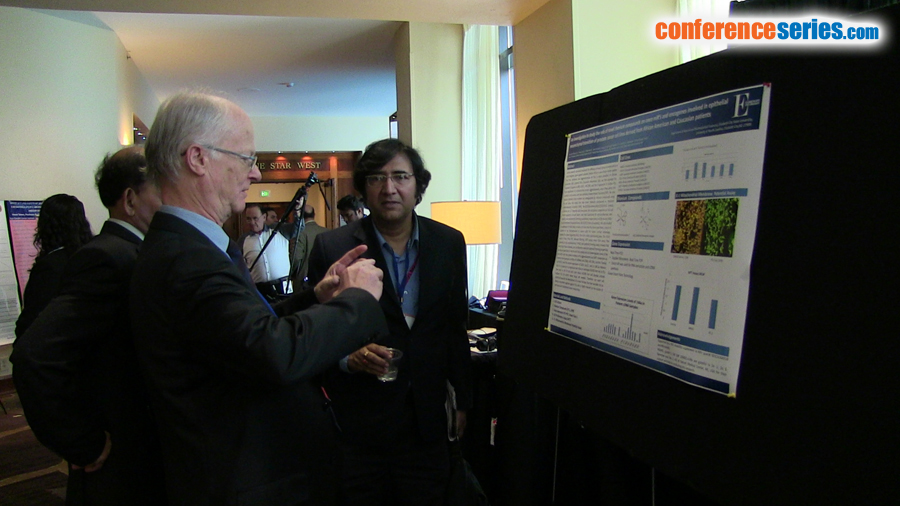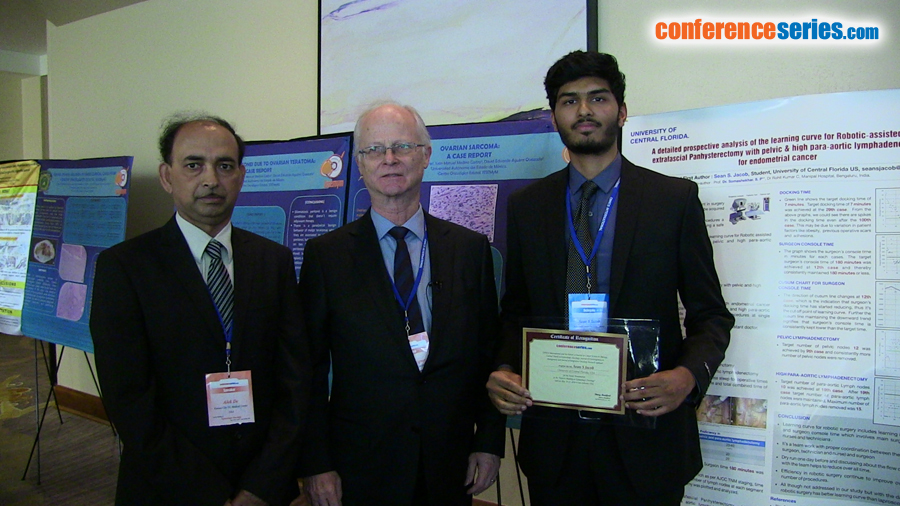
Karl R Aigner
Medias Klinikum GmbH & Co KG, Germany
Title: Isolated pelvic perfusion with chemofiltration for advanced stage IVa and recurrent cervical cancer
Biography
Biography: Karl R Aigner
Abstract
Introduction: In advanced or recurrent cervical cancer, radical resections with local irradiation may no longer be radical because of micro-invasion behind the resection margins. The more local tumor progression becomes evident, the more therapies are intensified until a point is reached where therapy-related toxicity may outweigh clinical benefit and quality of life. Material & Methods: In order to include the entire pelvis with regional lymphnodes into an isolated perfusion circuit, the femoral artery and vein were cannulated with balloon catheters under general anesthesia. Both balloons were placed above the aortic and vena cava bifurcation. Both upper thighs were blocked with pneumatic cuffs. Because of tenfold increased cytotoxicity of Adriamycin and Mitomycin, and unaffected cytotoxicity of Cisplatin under hypoxia, the 15 minutes isolation perfusion of this three drug combination was performed under hypoxic conditions followed by 30–45 minutes of chemofiltration for systemic detoxification. Results: In a patient with advanced stage IVa disease with tumor invasion of the bladder, lymphnodes and both parametria, after ineffective systemic chemotherapies, a histologically complete remission after hysterectomy was revealed after four courses of isolated pelvic perfusion. There was no significant systemic or local toxicity and the patient is in continuing complete remission after 11 years. In eight patients with advanced and pre-treated recurrent cervical cancers, after four isolated pelvic perfusions, the median progression-free survival was 202 days, the median overall survival time 245 days. Two patients actually survive recurrence-free for 20 and 36 months. Conclusion: Isolated hypoxic pelvic perfusion with chemofiltration is a valuable method for therapy of advanced or recurrent cervical cancers, refractory to conventional therapies.

